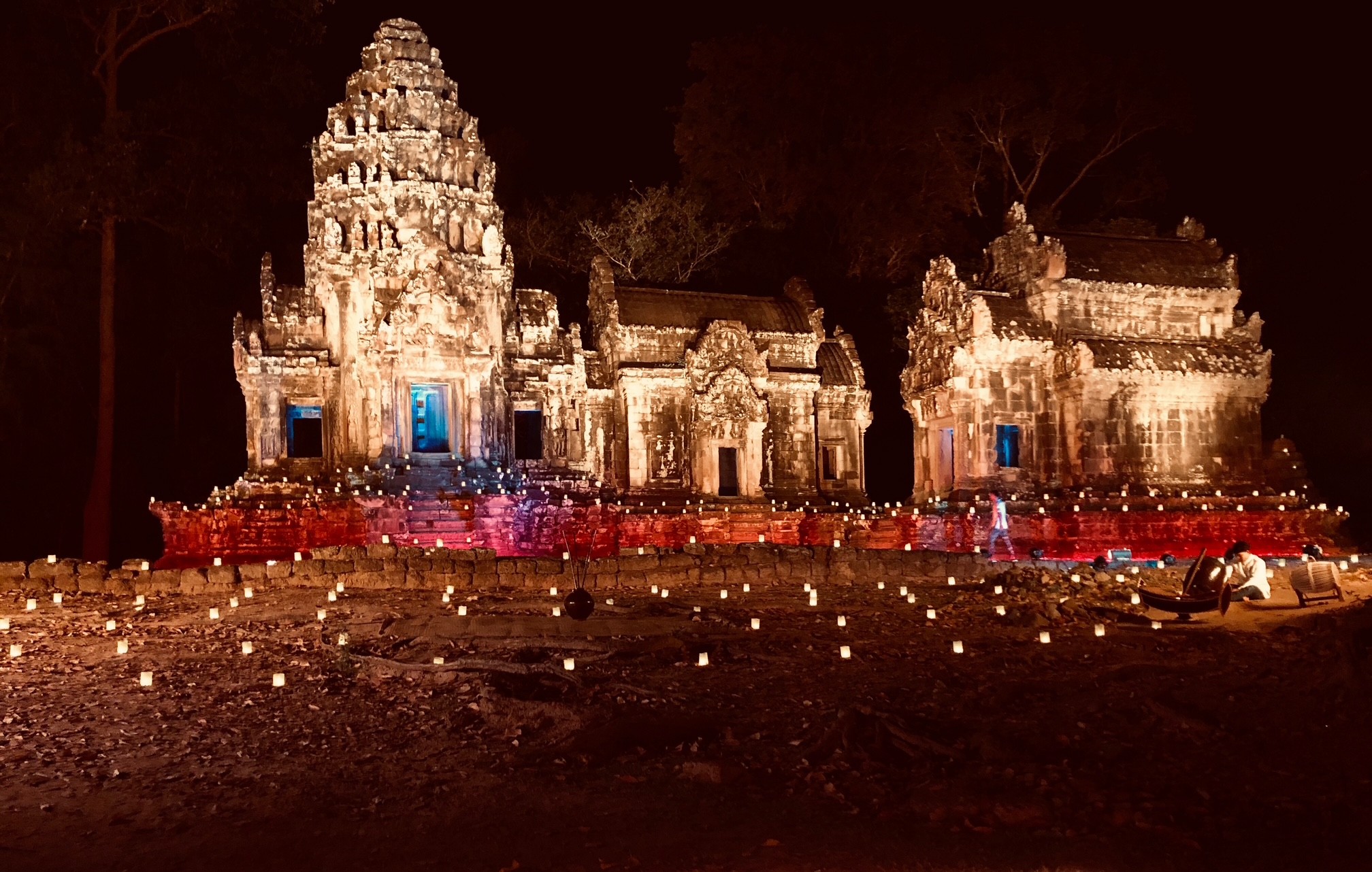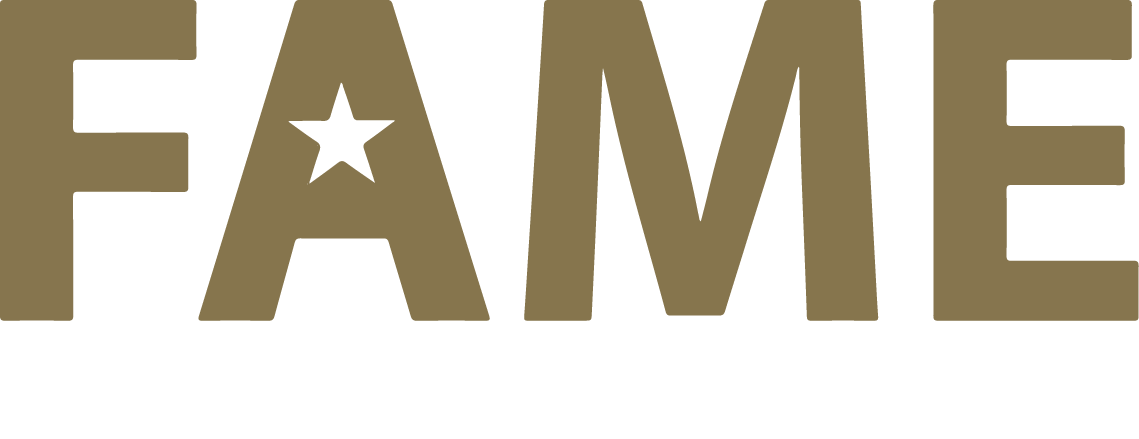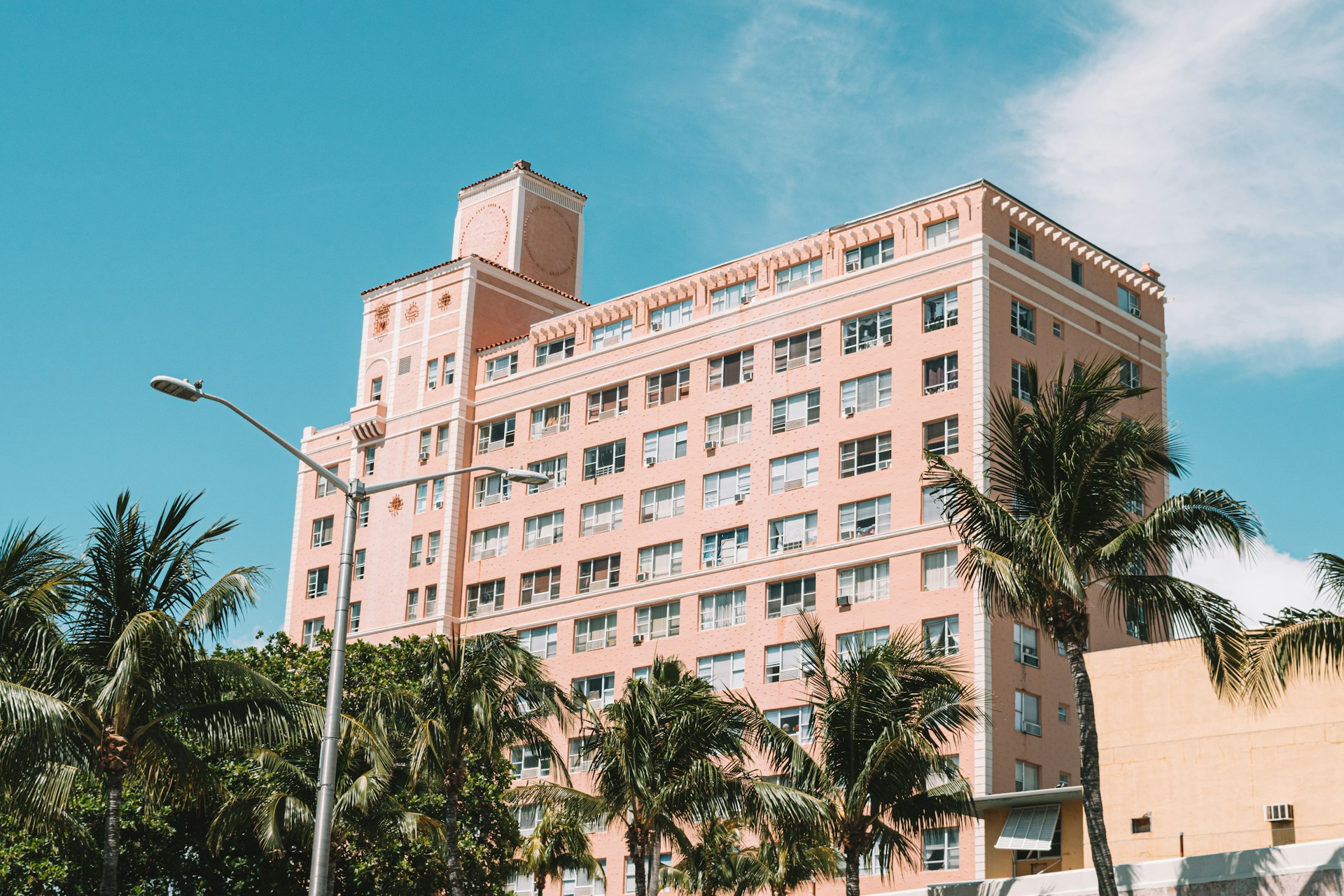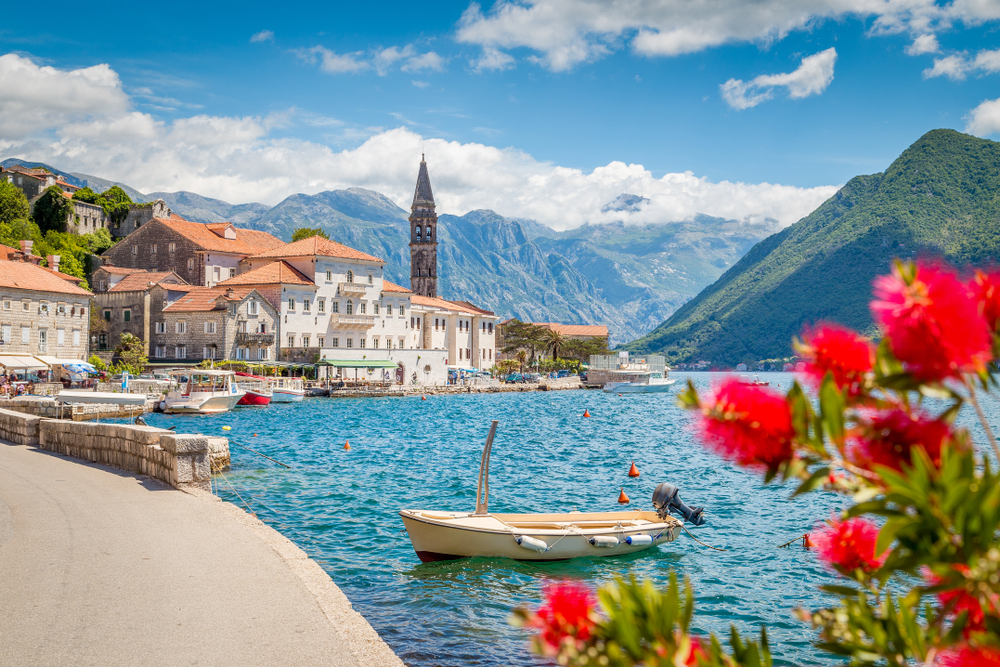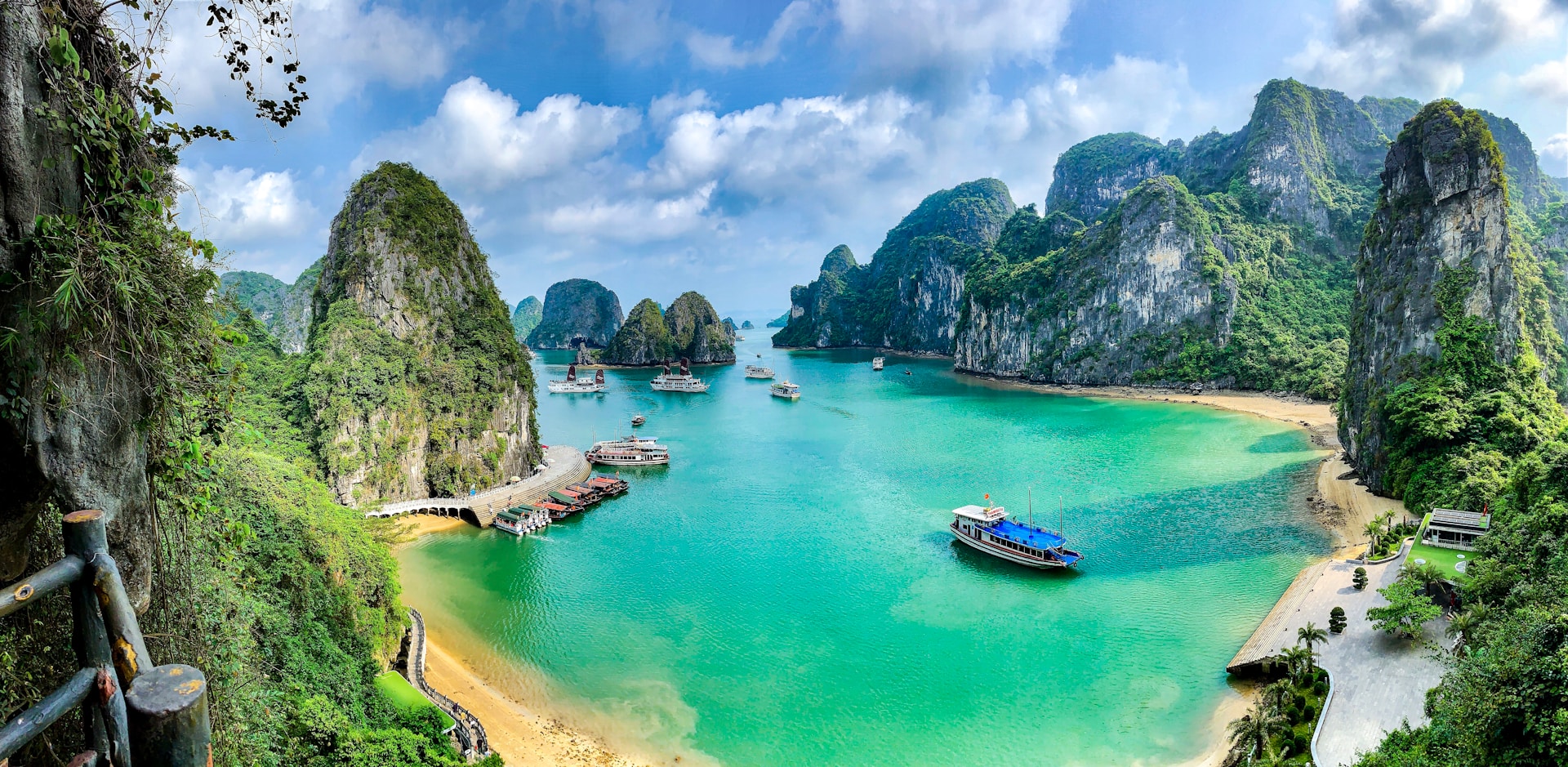And why an incentive trip delivers the same effects as chocolate (but better) 😉
The Science Behind the Travel “Glow”
You know the feeling: that tingling excitement before you embark, the energy during the trip, and the warm glow when you look back at your photos. It’s not by accident. Scientists have shown that travel literally transforms your brain and triggers happiness hormones that continue to work for weeks, sometimes months.
Here are three reasons why:
- Dopamine
What happens?
When you experience something new – a new taste, a different landscape, a foreign language – your brain activates its reward system. That leads to the release of dopamine, the same hormone that is released when… yes, you eat chocolate!
What’s the difference with chocolate?
- Chocolate: a dopamine spike lasting 15 to 30 minutes at most
- Travel: dopamine continues to be released throughout the experience and when you recall memories
In practice:
When our team travelled to Singapore and organised a cocktail on the terrace of LAVO Singapore, located on the 57th floor of the iconic Marina Bay Sands, we literally saw people light up. Not just because of the delicious cocktail, but mainly because we brought them to a place that no tourist can access easily. You must book months in advance and groups of more than 20 people are not allowed. Yet we succeeded in treating 90 clients to a magical view of Gardens by the Bay. During the activity, and even days afterwards, people were talking about it. A true dopamine boost. That results in:
- Increased creativity (28 % higher on creativity tests after travel)
- Improved problem-solving ability
- More openness to new ideas
FAME Tip: Make sure your incentive includes a few “first time” moments, such as gathering at a special place, making a new culinary discovery, or enjoying an activity that has never been done. Every “first” is a dopamine moment.
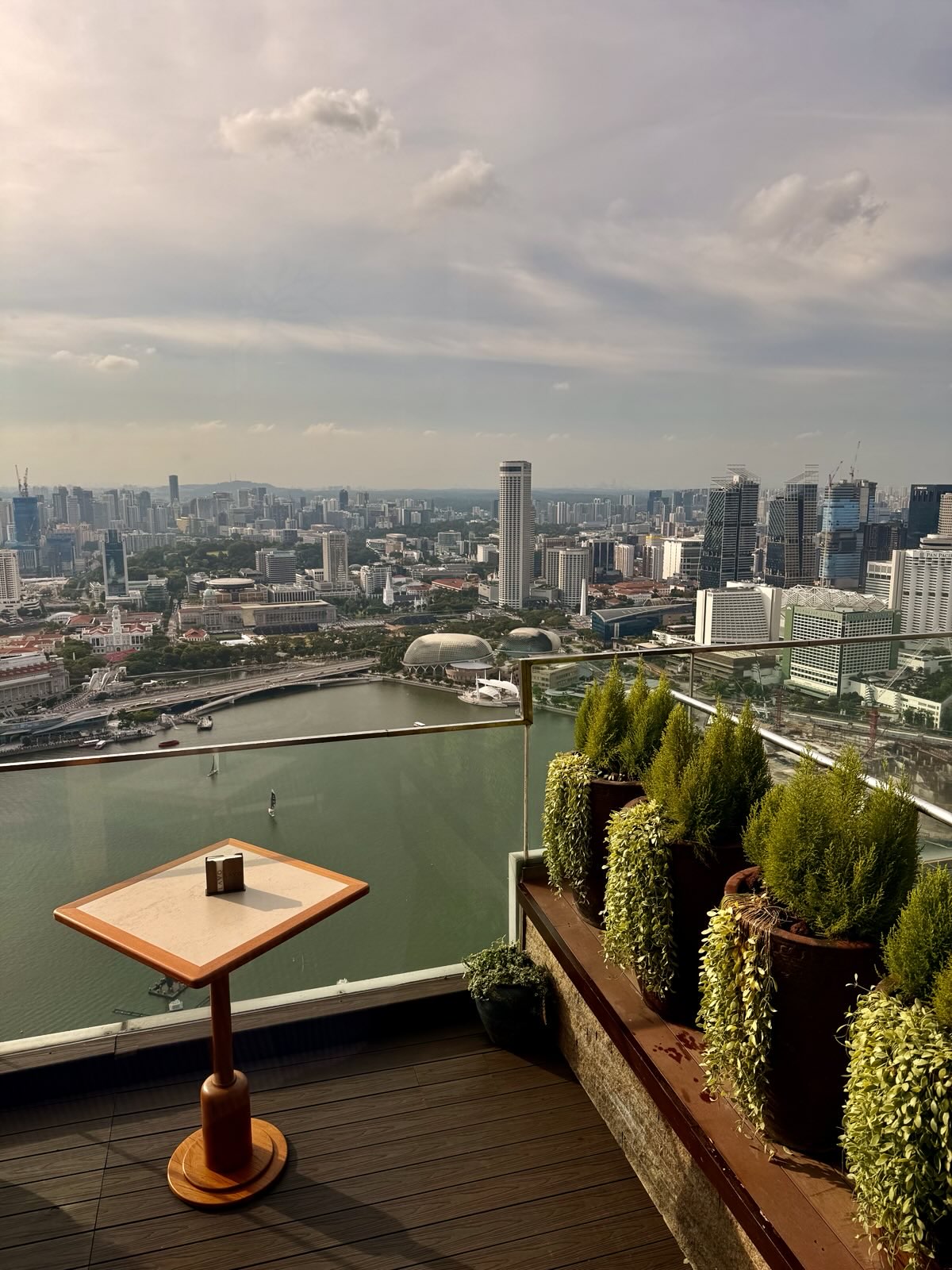
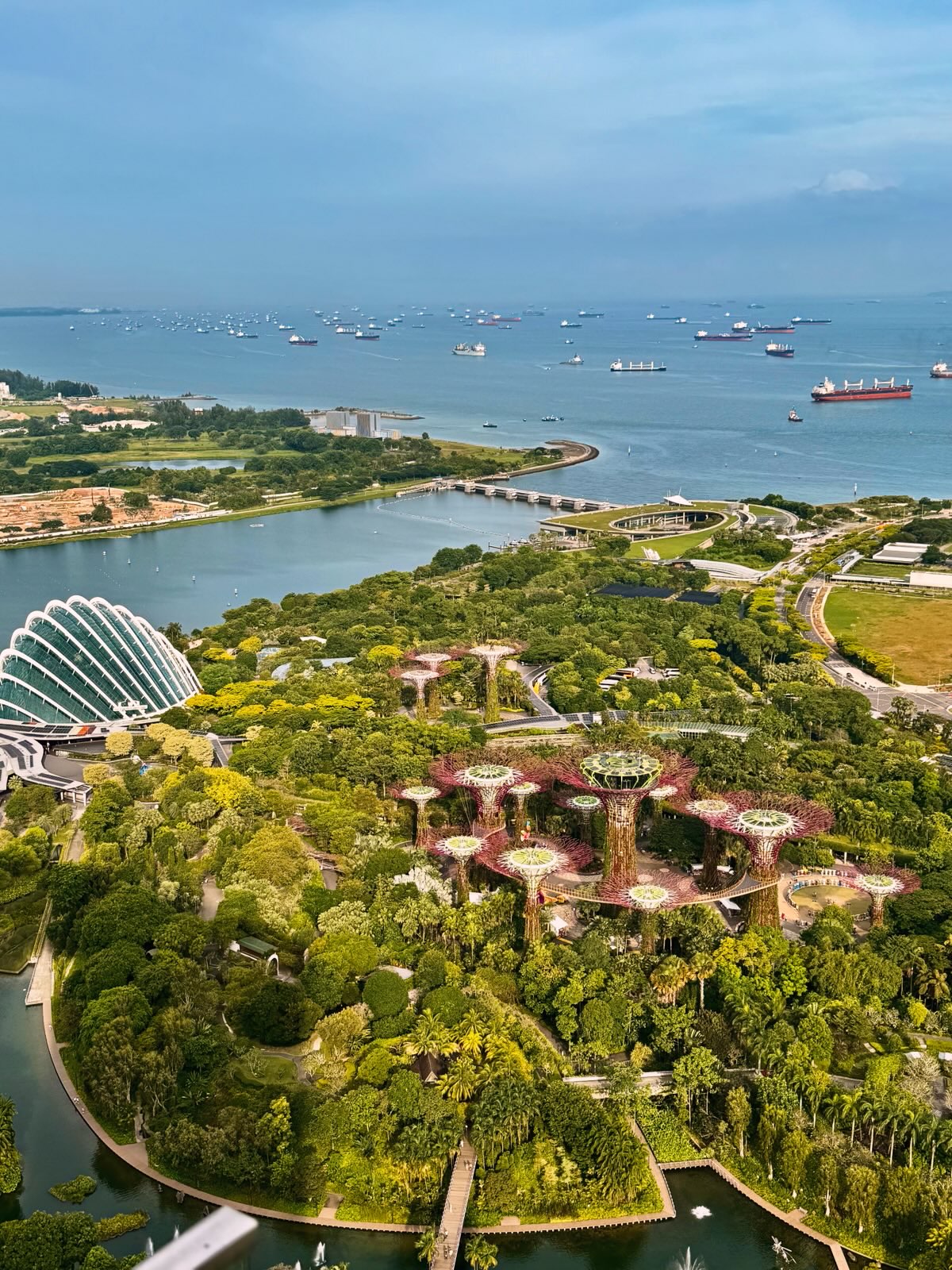
- Oxytocin
What happens?
When you share an intense experience with others – a challenging hike, an exclusive train ride with dinner, or a sunset boat trip – your body produces oxytocin. This is also called the “cuddle hormone” or “trust hormone”.
Why is this so powerful?
Oxytocin creates:
- Deeper bonds between people
- Greater trust in one another
- Better collaboration (even months after the trip)
- A feeling of belonging
The numbers:
- Teams or clients who travel together score 35 % higher on trust scales
- 89 % of participants report better teamwork after a shared trip
- The effect remains noticeable for at least 6 months
In practice:
After our Peru trip, our client noticed that participants were eager to “go again” on the next trip. Sales deals flowed more smoothly, the travellers were better received by their clients and a community of like-minded people formed. That oxytocin connection keeps working.
FAME Tip: Build in moments where you truly need each other. That might take the form of challenges such as meditation, mountain climbing or a cooking workshop. Collaboration is key. Or choose an activity where you help one another, like canyoning or coasteering.
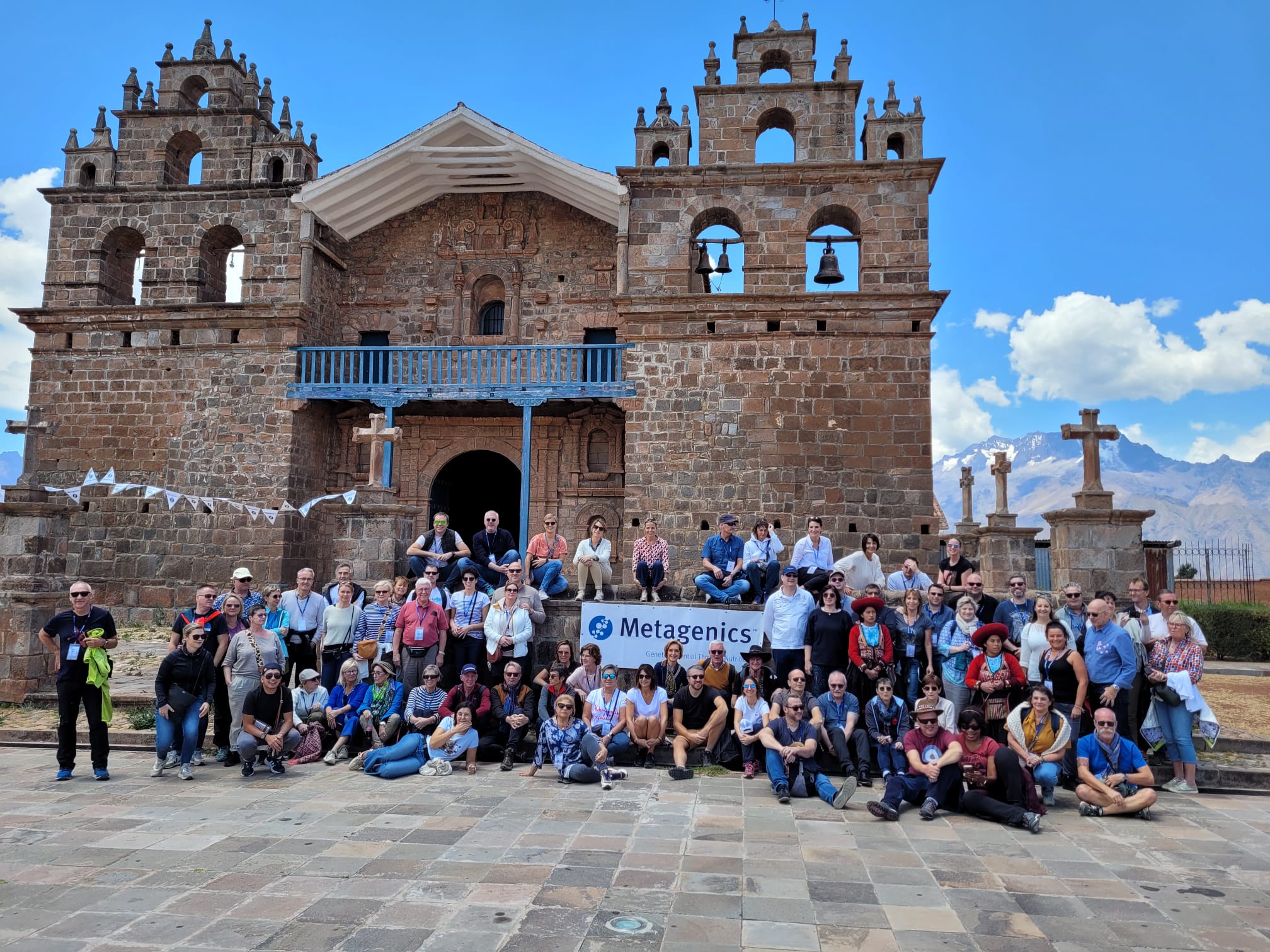
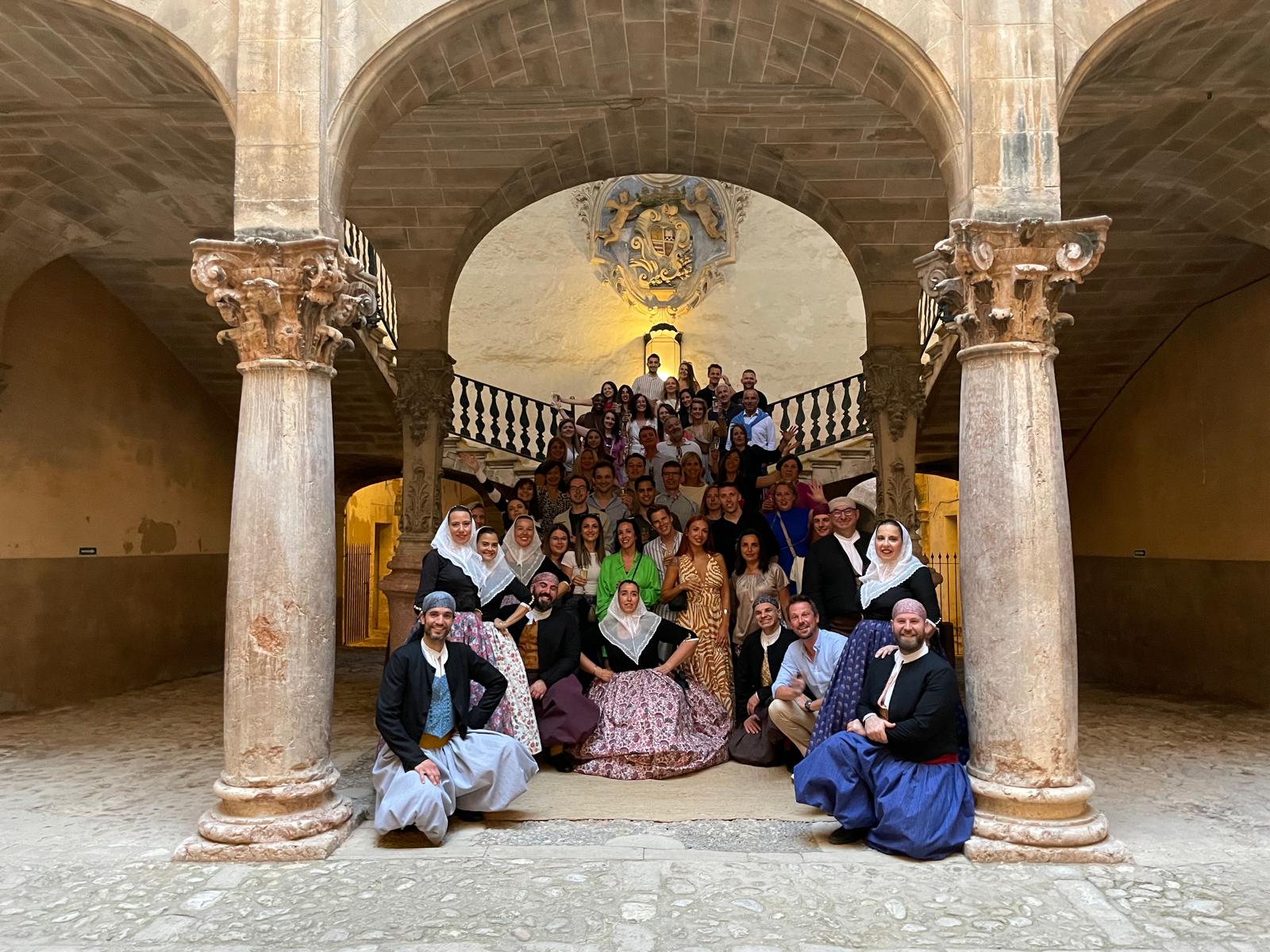
- Serotonin
What happens?
When you consciously take in something beautiful – a stunning sunset, a world wonder, an architectural gem – your brain produces serotonin. This hormone brings long-lasting feelings of happiness.
Why is this different from dopamine?
- Dopamine = short, intense peak (“Yes, feel it!”)
- Serotonin = long-lasting, steady sense of happiness (“Ahhhh… and Ohhhh…”)
The power of “awe & Oh”
Studies show that experiences which evoke awe, such as seeing Machu Picchu or the Northern Lights, lead to:
- A broader perspective on life (“my problems are relative”)
- Increased gratitude
- A sense of meaning (“this is bigger than me”)
In practice:
Teams that share a “wow moment” together (for instance, a dinner at Angkor Wat, a helicopter flight over Iceland, or sunrise at the Taj Mahal) feel connected by the shared “oh”. It creates a collective memory stronger than words.
FAME Tip: Plan one big “wow moment” into your incentive. A moment where everyone stops and thinks “I will never forget this.” That is your serotonin jackpot.
